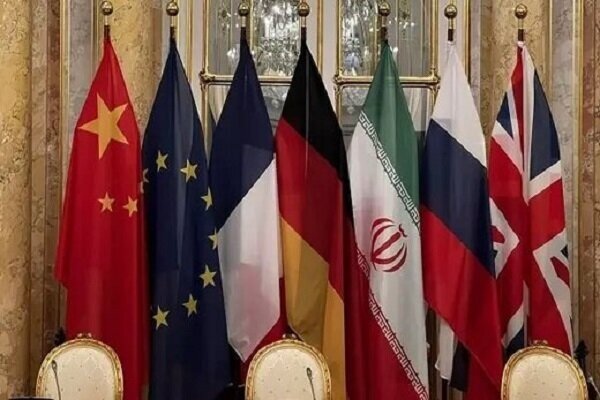"We have to keep in mind the history of what happened, and that is that for decades now, there has been a standoff between Iran and the United States. And it’s been based upon misinformation. In other words, [Israeli Prime Minister Benjamin] Netanyahu for example has been claiming for roughly 30 years now that Iran is on the verge of developing a nuclear weapon. In fact, I think around 30 years ago, he said 'it's months away.' So this misinformation that comes out of the West or their allies has been the foundation upon which they put pressure on Iran," the advisor to the Iranian negotiating delegation in the nuclear talks told Sputnik.
Delving into the history of nuclear negotiations, Marandi recalled that going back to the 2000s, European countries would make promises to reevaluate their positions on the nuclear issue, but then drag their feet for years at a time after Iran agreed to halt its nuclear activities.
Even after secret talks in Oman a decade ago bore fruit and led to the signing of the JCPOA, the US, and European signatories began violating their commitments "from day one," according to Marandi, slowing the pace of sanctions relief, and the US even increasing the scope of sanctions. The JCPOA mechanism ultimately fell into disrepair after the Trump administration unilaterally pulled out in May 2018.
"So the Iranians are saying that if we are going to restart a nuclear deal, we have to make it foolproof so that the Americans and the Europeans can no longer violate it so that they can no longer tear it up without consequences. And so the talks, the negotiations that we had last year in Vienna were basically to provide a framework of protection for the 2015 nuclear deal so that there will be no ambiguities so that there would be no loopholes, so that everyone would have to abide by the commitments. We came close, the text was almost ready, but the Americans got cold feet, and ever since, we’ve been waiting to see if the Americans find the political will to sign the deal," he explained.
Marandi said the deal outlined in 2022 revolves around forcing all parties to commit to sequencing – that is, step-by-step implementation of the agreement to ensure that both sides are sticking to its terms.
“The other aspect of the talks that were held was that since the Americans had torn up the deal and since [former US president Barack] Obama had violated the deal, a lot of damage was done to Iran."
"So since the United States was not going to compensate financially for all the damage that they did to the Iranian people (they killed cancer patients and people vulnerable people), the Iranians said okay, then those technological advances and the new infrastructure that Iran had created after restarting its nuclear program after Trump tore up the deal – those have to be preserved. So Iran’s advances had to be taken into account, Iran’s new infrastructure had to be taken into account, and also a framework had to be created to make sure that the Americans carried out their commitments before the Iranians would reciprocate," Marandi said.
MNA/PR

























Your Comment